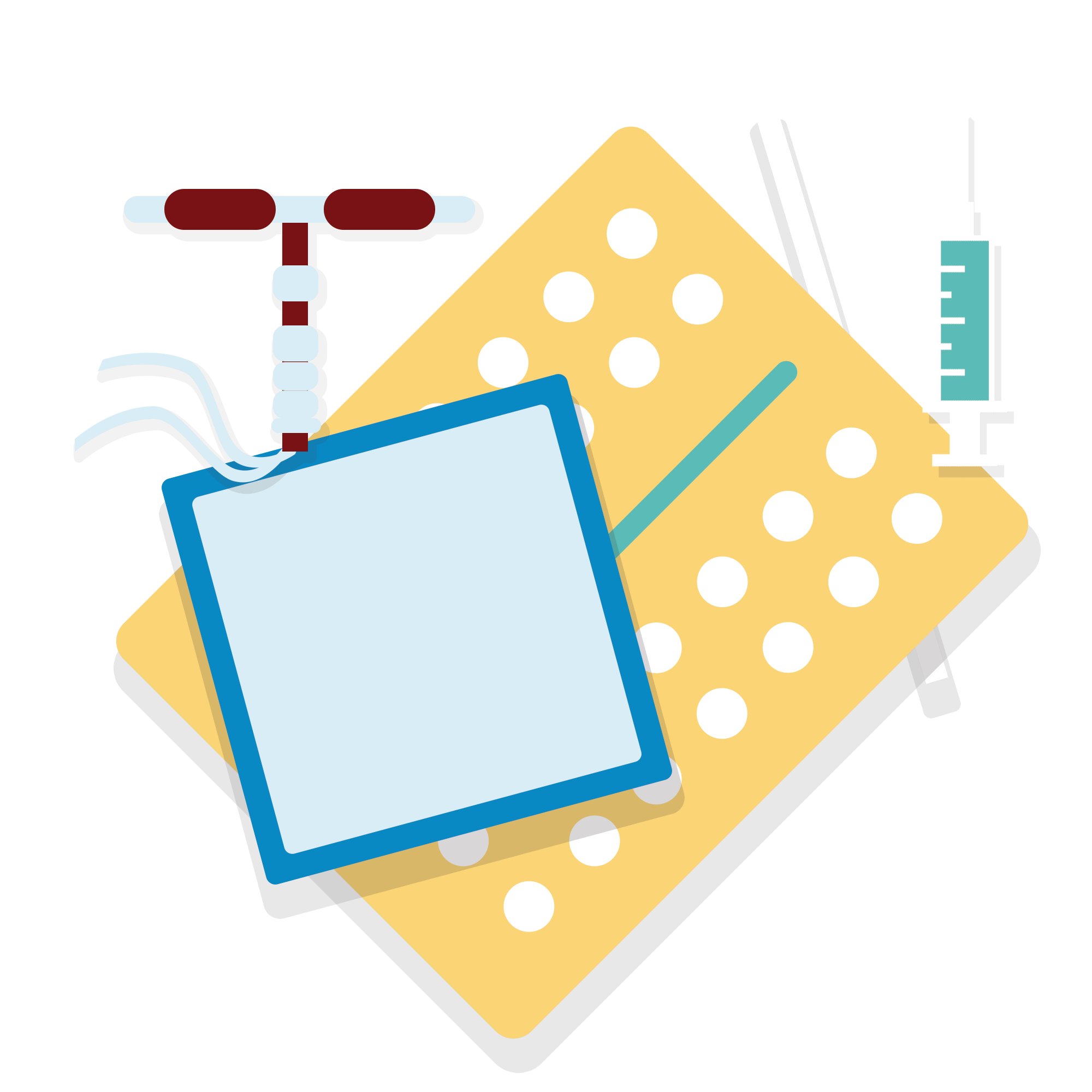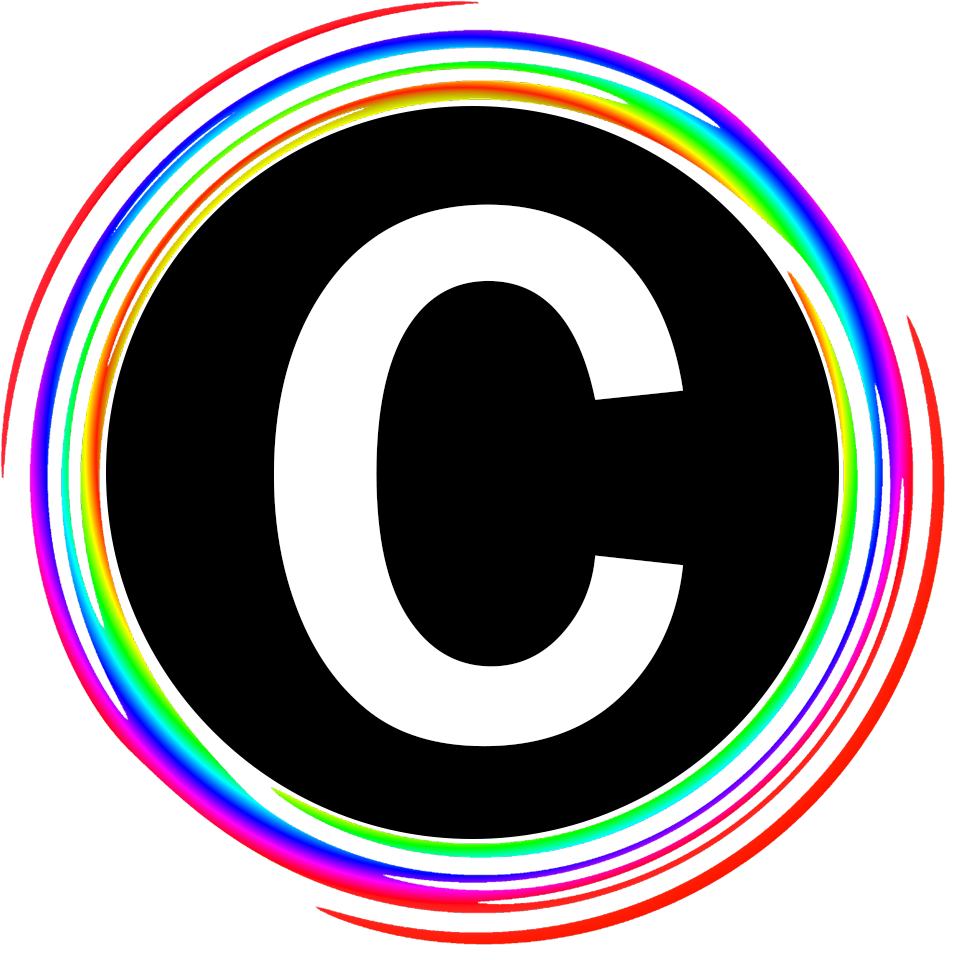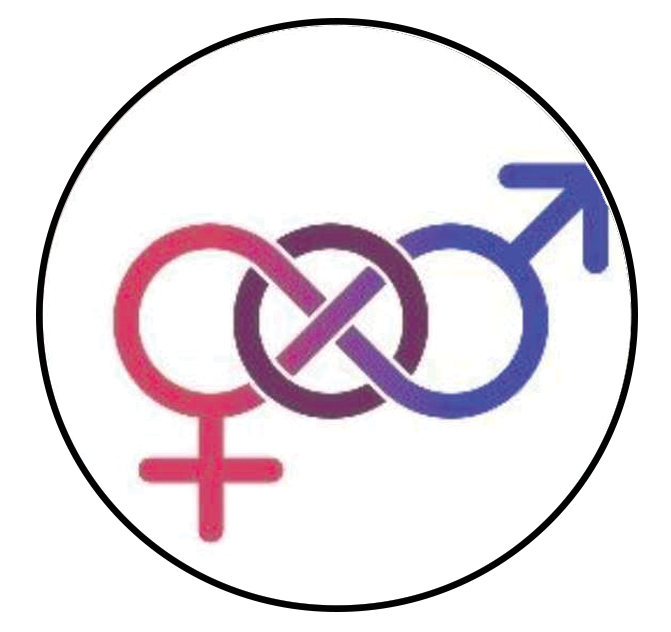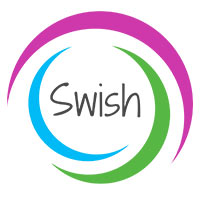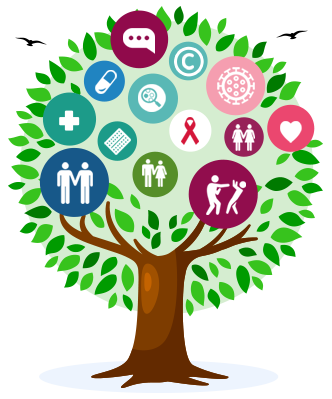
Latest News:
Services for Young People
Confidential information and advice on sexual health
Nearest service to meC-Card Issue Points
Where you can register or collect free condoms, including using our new Click and Collect
Find the nearest to meGenital Warts
This is the most common viral infection and is caused by the human papilloma virus (HPV).
How you get it:
- The virus is passed on by genital skin to skin contact and through vaginal or anal sex.
Symptoms:
- Small fleshy growths or bumps that may look cauliflower-like in appearance, and can be on the vulva, or in the vagina, on the penis, scrotum, or anus. They may be itchy, but are usually painless.
Treatment:
- Warts usually disappear in their own in time, but freezing them or using a cream or liquid may make them disappear more quickly, and these treatments will be available at the SWISH Services. To find out more about what freezing / cryotherapy involves click here
- Alternatively, you may be offered Warticon, Aldara or Catehen
If it’s not treated:
- They may disappear on their own or they may become larger and uncomfortable. The virus can take a while to clear from your system and warts may return occasionally.
HPV and links to cervical cancer:
- Certain strains of HPV can cause cervical cancer. These are not the same types that cause genital warts,so having genital warts does not mean that you are at increased risk of cervical cancer.
- The HPV vaccine in the UK is offered to all girls in year 8 (aged 12 to 13 years). Since September 2012, the vaccine Gardasil has been used and can help protect against HPV types 6 and 11, which cause around 90% of genital warts. It also protects against types 16 and 18, which are linked to more than 70% of cases of cervical cancer in the UK.


